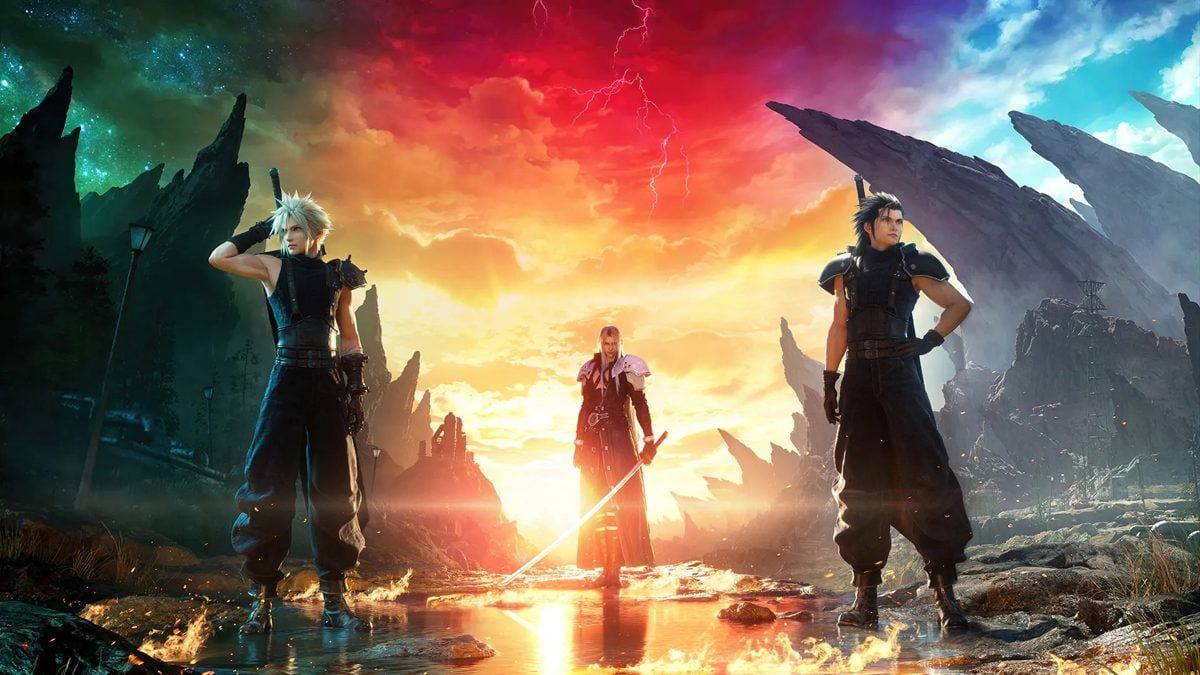IGN Brazil Interview: 'Final Fantasy VII Rebirth' sales don't disappoint but they can't be exclusive to a single console anymore
(br.ign.com)
from simple@lemm.ee to games@lemmy.world on 29 Dec 2024 11:07
https://lemm.ee/post/51092763
from simple@lemm.ee to games@lemmy.world on 29 Dec 2024 11:07
https://lemm.ee/post/51092763
Google translation: …translate.goog/…/nao-podemos-ser-exclusivos-de-u…

threaded - newest
Good.
Console exclusivity was always a super shitty idea.
I have zero problem with consoles investing in new IPs and funding high budget games as console sellers.
But I don’t like these buyouts or pointless exclusives. I don’t know why there are still exclusive Final Fantasy games.
Because FF games are expensive to make and going exclusive, even just temporary, is an easy way for Square to get some of that investment back before the game is even released. It basically lowers the risk of creating such a massive AAA game.
I don’t mind a timed exclusive contract as long as it’s not too long.
Seems like for Indiana Jones and the Great Circle it will be under half a year.
No…in the old days it made each console feel different. There might be SOME overlap between the SNES and the Genesis, but for the most part they’re entirely different libraries.
But if you’re trying to have console wars on any generation since the PS3, then it’s just stupid. It’s like 90% shared libraries, so the few exclusives don’t mean shit. There’s no personality to the consoles anymore.
Except Nintendo. Nintendo does weird things on their own path.
In the old days consoles were so wildly different in their architecture that you’d pretty much have to rebuild the whole thing from scratch to port. Now gaming engines can output for different systems in just a few clicks
I don’t know about Xbox but I’m still seeing reports about PS5 games being optimized for the physical architecture and requiring some degree of overhaul for the PC port; even FF7Remake on PS4 talked about it for the PC port. Though I imagine that only applies to specific high end games, not for 99.99% of games. Just put it on Java or Unreal 4.
ah yes, port the billion dollar decades old high-fidelity engine that carefully manages memory to java, a language minecraft struggled to break free from to achieve any meaningful performance or mobile porting options. thank you, no one thought of that before.
But it will because Sony is paying to make it.
If Sony is willing to put up a bunch of money to get a game made with a 3rd party company like Square, and if Square wouldn’t have been able to make the game otherwise, then being an exclusive could be the only reason it exists.
Similar to Alan Wake 2, which I still haven’t played, it’s possible that this game owes its existence to the exclusivity agreement giving the necessary upfront funds to get the game development going.
But this isn’t like the previous generations of exclusive consoles. These consoles are significantly more expensive, development on video games is significantly more expensive, and the profit margin that you could make from being exclusive to just a single console is significantly lower.
This is a combination of ballooning budgets, expensive hardware with lower sales, and the PC gaming market looming over Sony and Microsoft’s shoulders. And don’t forget to mention the explosion of the free to play, micro transaction riddled games they also have to compete with for screen time now.
Does this mean exclusives will go away? Probably not. If it’s financially beneficial to go exclusive, they’ll do it again.
But it does mean that the gap between the potential gained revenue of not going exclusive and the potential locked in revenue from the exclusivity agreement is currently looking razor thin.